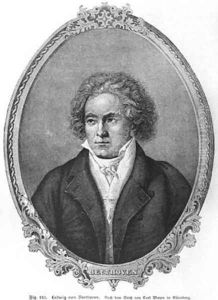Mayer, Carl Paintings
Carl Mayer was an Austrian screenwriter, a key figure in the development of early film narratives and a pioneer of the Kammerspielfilm movement. Born on November 20, 1864, in Graz, Austria, Mayer grew up in a world far removed from the glitz and glamour of the film industry, which was still in its infancy during his youth. Despite the conventional expectations of his time, Mayer was drawn to the arts, particularly the burgeoning medium of cinema, which was rapidly evolving from simple moving pictures to complex narrative forms.
Mayer's career in film began in the early 20th century, amidst the cultural and technological upheavals that characterized the era. He moved to Germany, where he became deeply involved in the film scene, particularly in Berlin, which was a hub for avant-garde art and cinema. His unique approach to screenwriting, focusing on visual storytelling and the psychological depth of characters, set him apart from his contemporaries. Mayer was instrumental in the development of the 'Kammerspielfilm' or 'chamber drama' genre, which emphasized character development and psychological tension over elaborate sets or action sequences, akin to a chamber play in film form.
One of Mayer's most significant contributions to cinema was his collaboration with director F.W. Murnau. Together, they created some of the silent era's most enduring masterpieces, including 'The Cabinet of Dr. Caligari' (1920) and 'Sunrise: A Song of Two Humans' (1927). These films not only showcased Mayer's innovative narrative techniques but also Murnau's visual style, blending to form cinematic works that were both emotionally resonant and visually captivating. 'The Cabinet of Dr. Caligari,' with its twisted sets and shadowy atmosphere, is often credited with laying the foundations for the German Expressionist movement in film.
Throughout his career, Mayer remained deeply committed to exploring the human condition through cinema. His screenplays often delved into the complexities of identity, memory, and perception, themes that were revolutionary for the time and contributed significantly to the evolution of film as a serious artistic medium. Despite facing challenges, including financial difficulties and the political turmoil of pre-World War II Europe, Mayer's work continued to influence filmmakers and screenwriters.
Carl Mayer's legacy is that of a visionary who saw the potential of film to explore the depths of human psychology and emotion. His death on July 1, 1944, marked the end of an era, but his influence persists. Mayer's pioneering techniques and thematic explorations paved the way for future generations of filmmakers, making him a seminal figure in the history of cinema.
